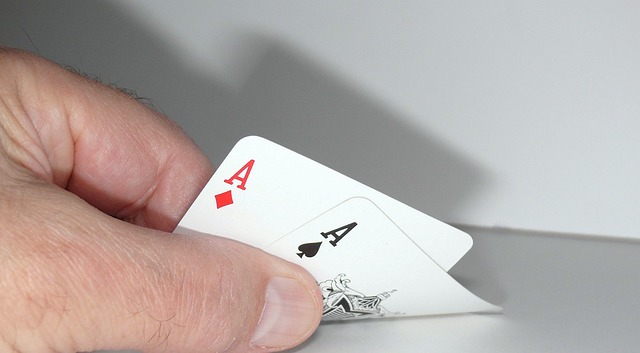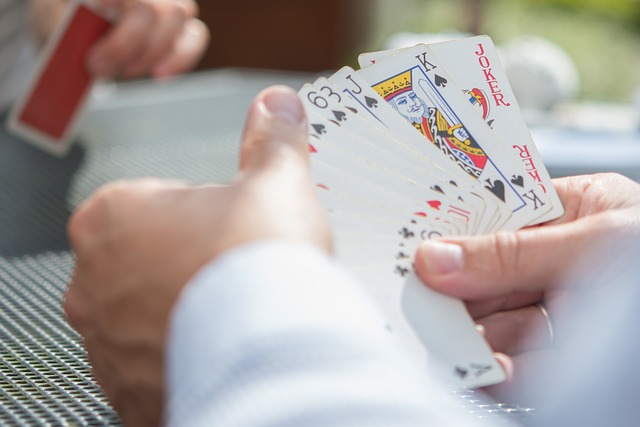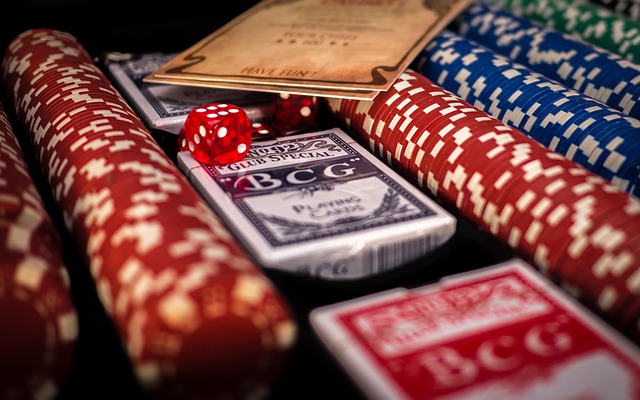In today’s fast-paced society, where the search for entertainment and the pursuit of quick money are becoming more and more important, it is crucial to raise awareness of the risks that gambling can pose to mental health. This article aims to offer advice to gamblers on how to protect their mental health and spot signs of problematic gambling behavior early on.
Understanding the link between mental health and gambling
Gambling can be a form of entertainment, but for some people it develops into a serious problem that can have far-reaching consequences for their mental health. The excitement and tension associated with winning can lead to increased dopamine levels, creating a feeling of euphoria. This experience can be addictive and cause people to continue gambling despite negative consequences. It’s important to recognize that gambling problems can affect anyone, regardless of their social or economic background.
Signs of problem gambling behavior

There are several warning signs that may indicate gambling is becoming a problem. These include:
- Feeling like you need to gamble to escape stress or other problems
- Difficulty controlling, reducing, or stopping gambling
- Lying about the amount of gambling you’re having
- Financial problems due to gambling
- Neglecting relationships, work, or other obligations
If you notice any of these signs in yourself or someone you know, it’s important to seek help.
Protecting mental health
Protecting your mental health while dealing with gambling requires a conscious commitment to self-care and responsible gambling. Here are some strategies that can help:
- Set clear boundaries
- Before you start gambling, set clear limits on time and money.
- Decide how much time and money you’re willing to risk, and stick to them strictly.
- Avoid chasing losses, as this can quickly become a vicious cycle.
Recognize the triggers
Understand what drives you to gamble, whether it’s boredom, stress, or a desire for social interaction. By knowing your triggers, you can develop alternative coping strategies that don’t involve gambling.
Seek support

Whether it’s friends, family, or professional counseling, seeking support is an important step in dealing with gambling. There are many resources and support groups specifically geared toward helping people with gambling problems.
Promote a balanced life
Develop interests and hobbies outside of gambling. Living a full and balanced life can help reduce the pull of gambling and boost mental health.
Dealing with problem gambling behavior
If you or someone you know is struggling with problem gambling behavior, it’s important to seek professional help. Psychologists, therapists and counseling services offer specialized support and treatment programs tailored to the needs of gambling addicts. These programs may include individual or group therapy and may provide strategies for managing the urge to gamble, improving financial situations and restoring relationships.
Remind yourself that help is available and that the first step to recovery is acknowledging the problem and seeking support.


